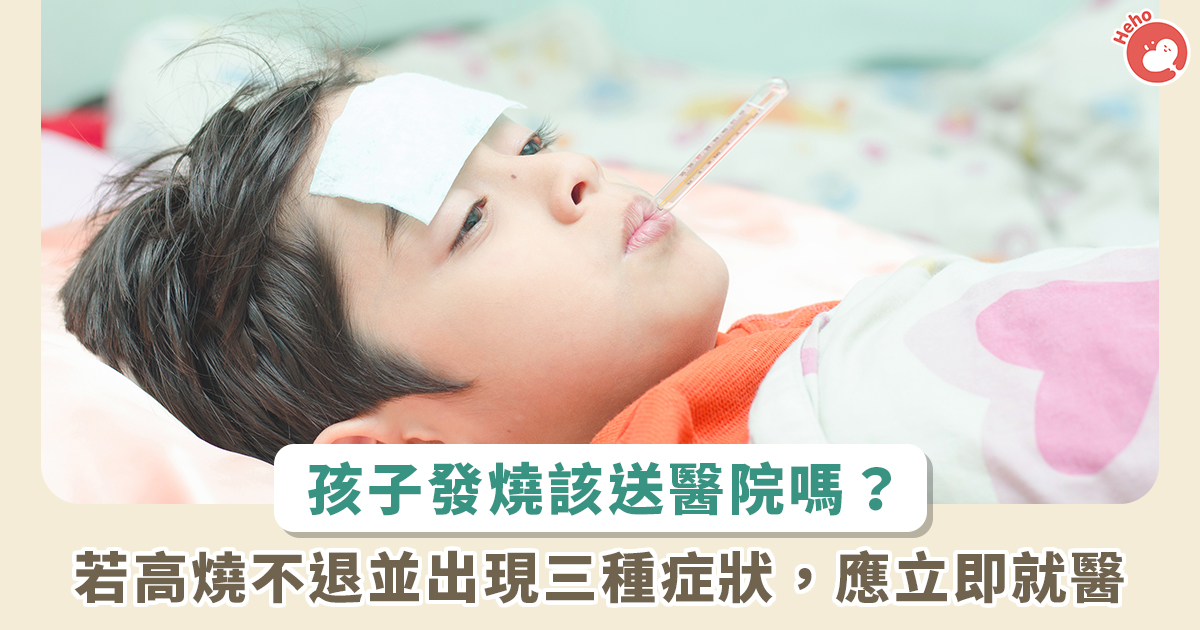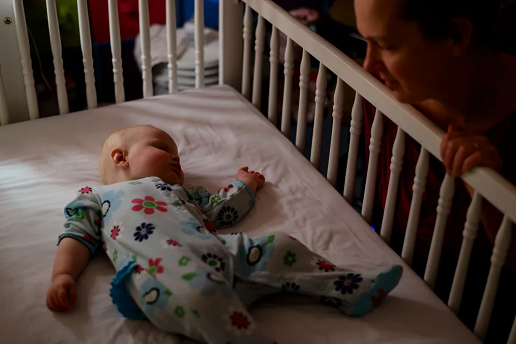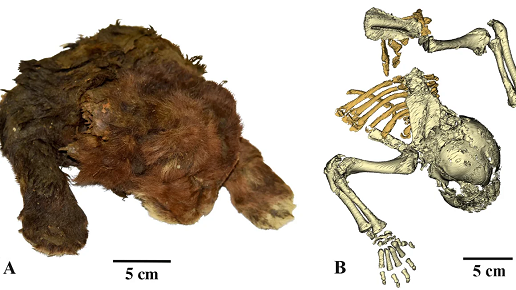The health of infants and young children is always a top concern for parents. Fevers often accompany colds, regardless of the season. When a child starts to run a fever, parental anxiety naturally increases. However, understanding the changes in a child's body temperature and knowing the correct way to handle a fever are crucial.
Body Temperature Range and Variations in Children
Each child has a slightly different normal body temperature. Parents should be familiar with their child's usual temperature range. Generally, body temperature is lower in the morning and slightly higher in the afternoon, sometimes differing by 1 to 2°C. Despite these variations, the normal body temperature typically falls between 36.5°C and 37.5°C.
The Special Significance of Morning Fevers
Afternoon body temperatures tend to be higher than in the morning, which does not necessarily indicate a fever. However, if a child develops a fever in the morning, it may signify a strong immune response to an infection, and parents should pay special attention to this situation.
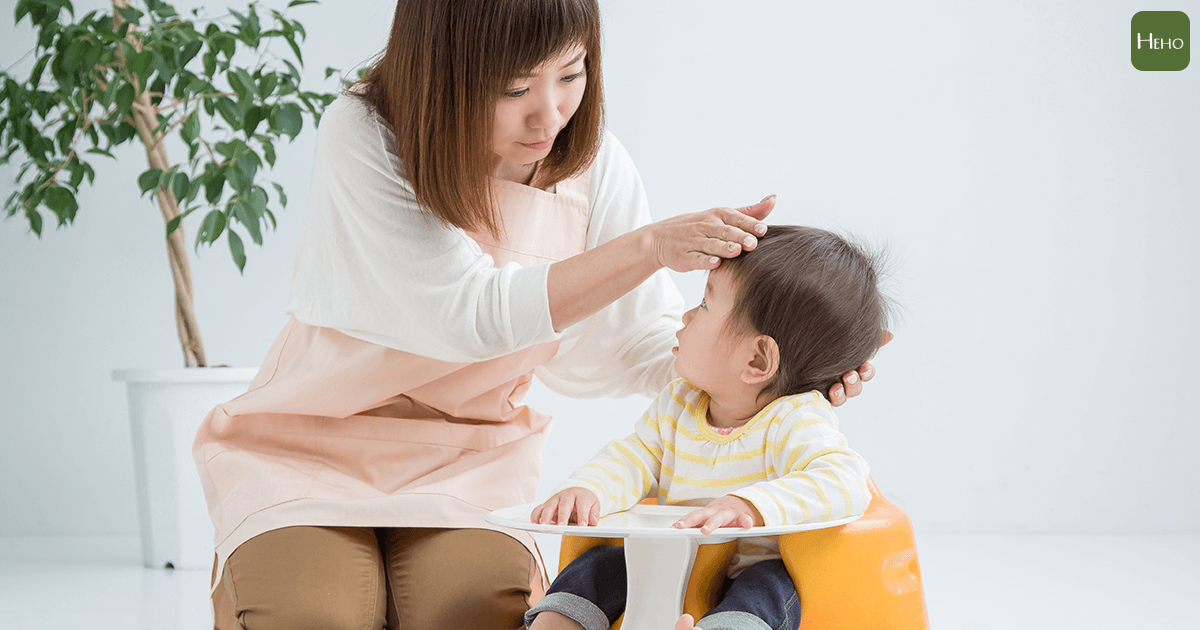
The process of fever in children is divided into three stages, and each stage requires different handling methods.(Image provided by Heho Health)
The Relationship Between Fever Severity and Disease Seriousness
A child’s elevated body temperature does not always signal a serious issue. Some children naturally have higher body temperatures, especially those with larger tonsils. When these children encounter viral infections, their immune systems react more strongly, causing high fevers even with minor colds or tonsillitis, sometimes reaching up to 40°C. Therefore, a high fever alone does not necessarily indicate the severity of the illness.
Fever Progression and Management Techniques
According to the Ministry of Health and Welfare’s Food and Drug Administration, the fever process can be divided into three stages, each requiring different handling methods. Understanding these stages helps parents respond correctly when their child has a fever.
Chill Phase: During this phase, the child's body activates the immune system, leading to an increase in body temperature and a sensation of cold. It is not advisable to use fever-reducing medications or cold compresses at this stage, as they might induce an even higher fever.
Fever Phase: During this stage, the immune system actively fights the pathogens, and the child's body temperature may rise above 39°C. Parents should encourage the child to drink plenty of water to prevent dehydration. Fever-reducing measures are generally unnecessary unless the temperature exceeds 39°C.
Cooling Phase: As the body begins to cool down, the child will start sweating profusely. It is important to continue hydrating the child but avoid using fever-reducing medications to prevent the body temperature from dropping too low, which can lead to hypothermia.
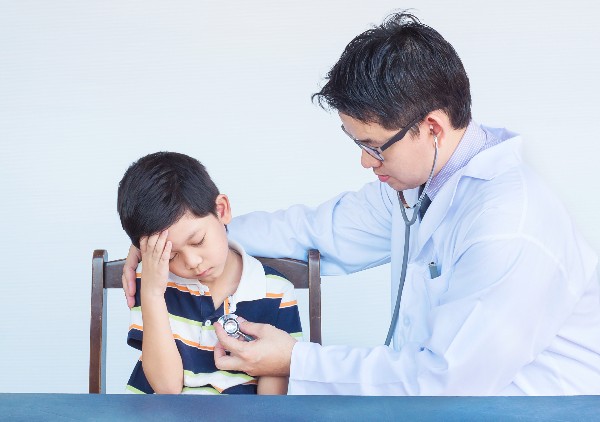
When a child's core body temperature reaches above 41°C, it is a warning sign that requires immediate medical attention.(Image sourced from the internet)
When to Seek Medical Attention or Transfer to a Major Hospital?
While most cases of fever in children do not require excessive concern, there are specific situations where medical intervention is necessary. Parents should consider seeking medical attention for their child under the following conditions:
Temperature Exceeds 41°C: If the core body temperature exceeds 41°C, immediate medical attention is required.
Fever Lasts More Than 5 Days: A persistent fever lasting more than five days may indicate a more serious issue that requires professional medical evaluation.
Presence of Unusual Symptoms: If the child exhibits signs of seizures, extreme drowsiness, projectile vomiting, or blood in the urine, immediate medical assistance should be sought.
Although most fevers in children do not lead to serious health issues, some severe diseases, such as meningitis, myocarditis, or Kawasaki disease, can cause fever. Therefore, parents should always monitor their child's health and seek timely medical care to ensure their safety.

